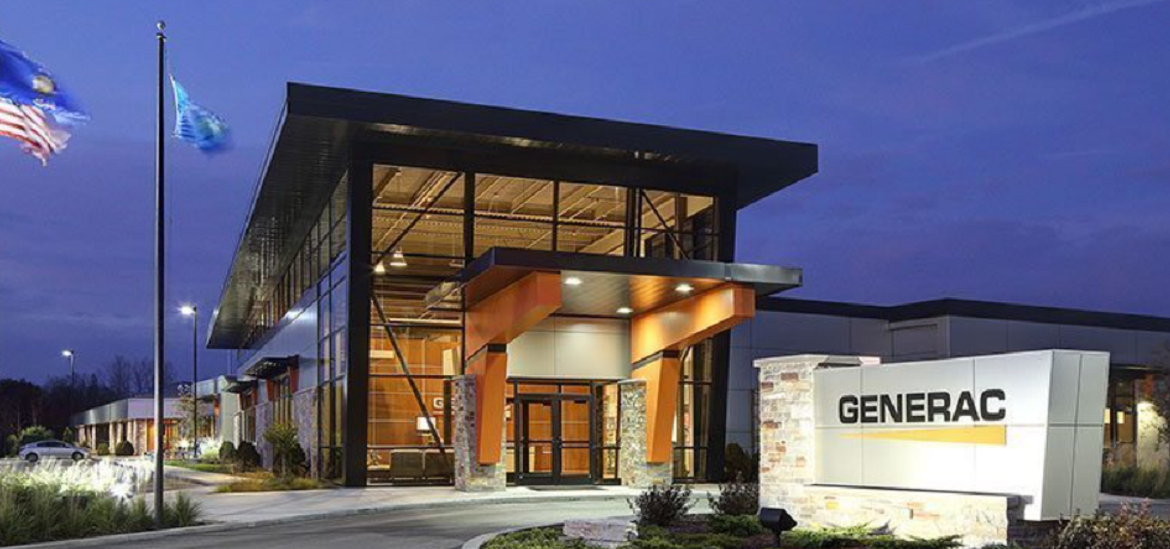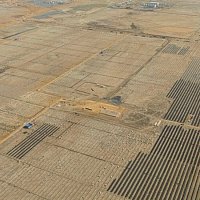
Generac's grid services business is set to embark on a groundbreaking project with the support of a $50 million grant from the U.S. Department of Energy (DOE). The initiative's primary objective is to bolster the power grid's capacity to accommodate the electrification of building thermal systems.
This substantial grant funding will be allocated to provide approximately 2,000 lower-income residents in Massachusetts with an array of energy-efficient solutions. The offerings include home battery systems, WiFi thermostats paired with heat pumps, and hot water heater load control switches.
To ensure the optimal functioning of these systems and minimize their impact on the grid, Generac's distributed energy resource management system will be employed. It will transmit control signals to the equipment, enabling efficient energy management. Furthermore, this innovative technology will aggregate and oversee the energy assets as a virtual power plant.
Aaron Jagdfeld, President and CEO of Generac, expressed his gratitude to the DOE and emphasized the company's commitment to creating more resilient, efficient, and sustainable energy solutions for the people of Massachusetts.
The grant is part of the Grid Resilience and Innovation Partnerships program and was funded through the bipartisan infrastructure law. An additional $53 million for the project will be provided by MassSaves, a Massachusetts program incentivizing electric heat pump installations.
This ambitious project's potential benefits are extensive and include optimizing battery fleets to reduce peak-hour demand, increasing solar energy utilization, and offering job training. Additionally, it aims to develop a replicable model for nationwide use. Generac has partnered with various organizations, including the Interstate Renewable Energy Council, Fraunhofer USA, Action for Boston Community Development, the Massachusetts Clean Energy Center, and utilities.
The deployment of the first batteries is expected in late 2024 or early 2025, marking a significant step towards a more resilient and sustainable energy future.
Source: biztime.com













